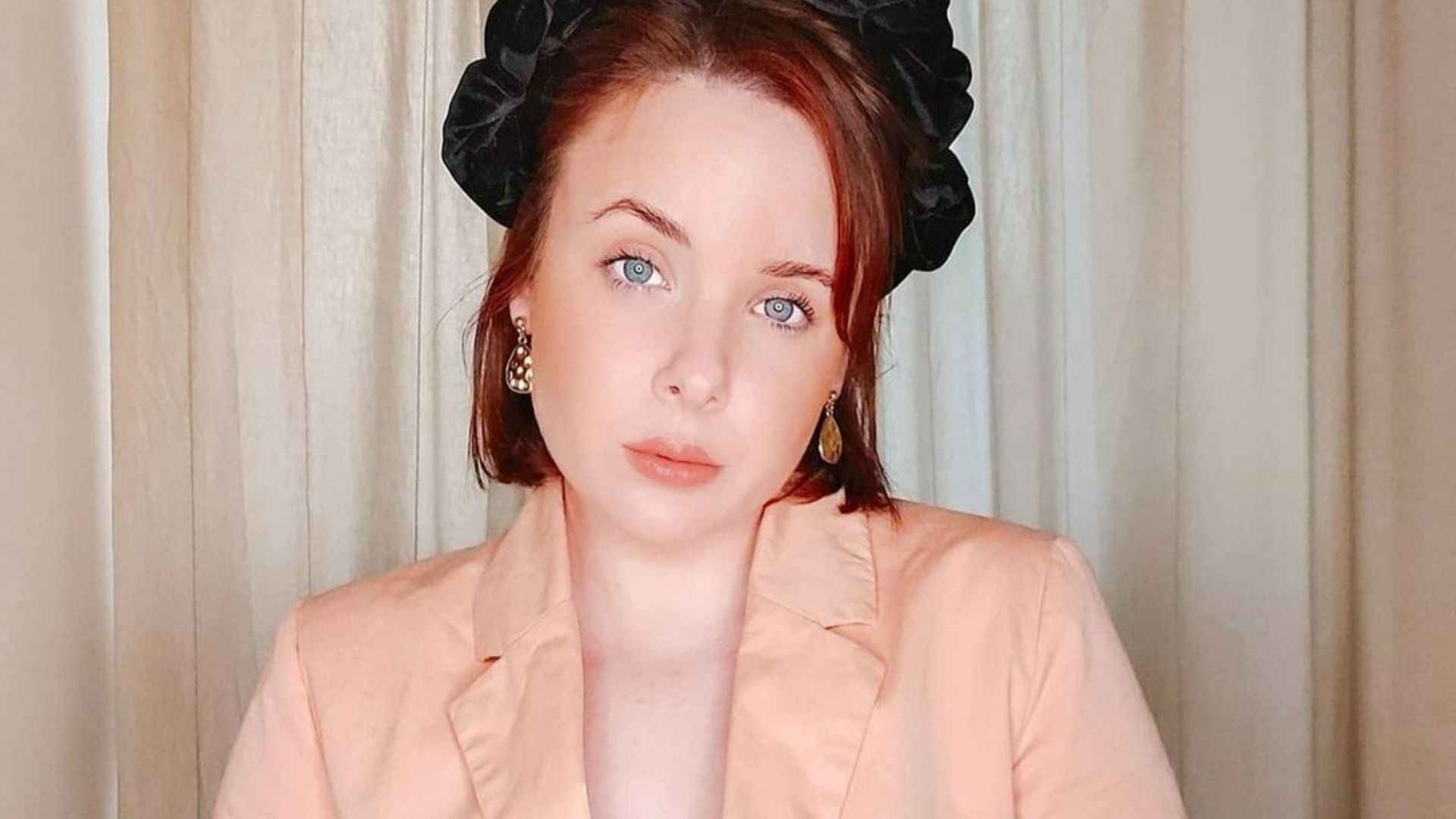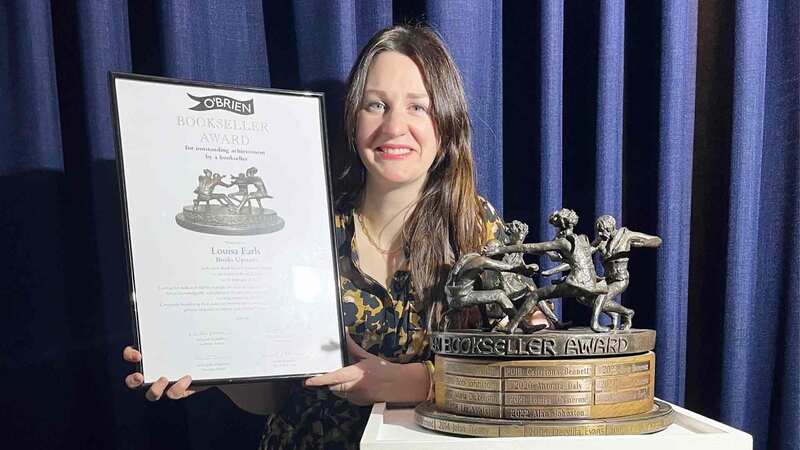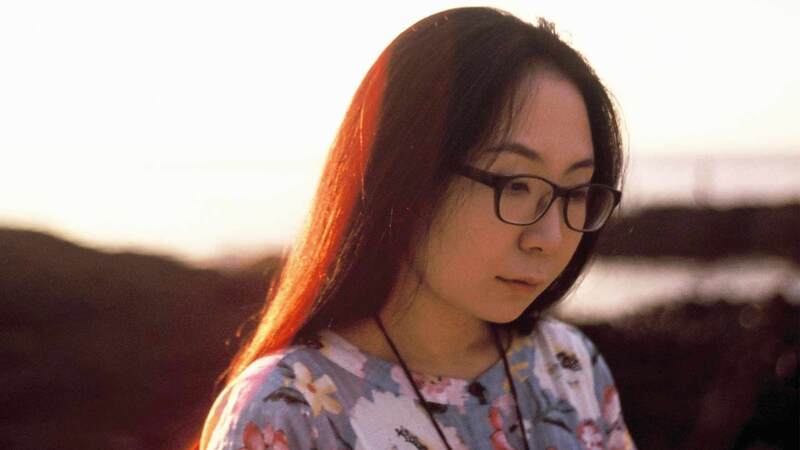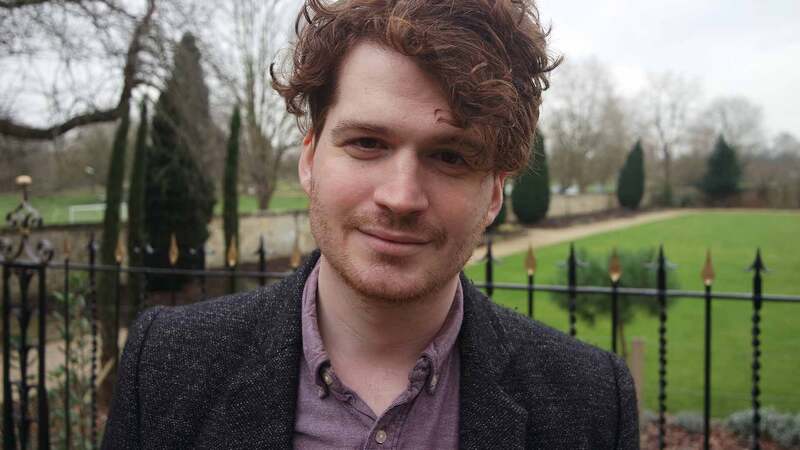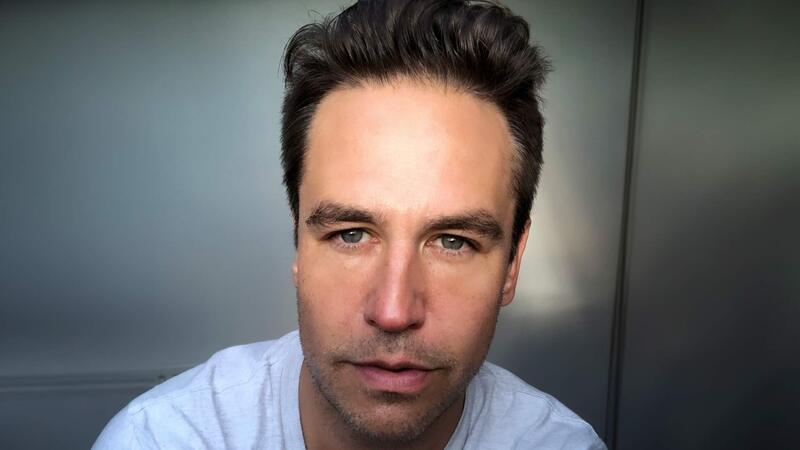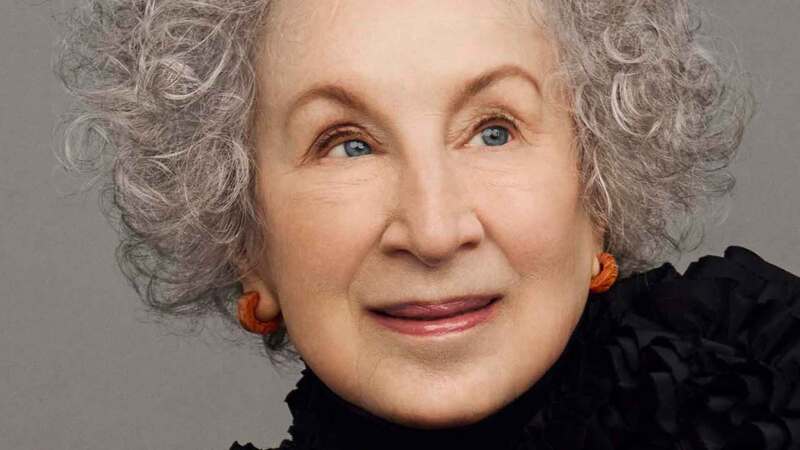You are viewing your 1 free article this month. Login to read more articles.
John Murray snaps up 'dark and subversive' debut novel from Foley for five figures
John Murray has snapped up a “dark, subversive and surprising” book from debut novelist Christine Anne Foley in a five-figure deal.
Jocasta Hamilton, publisher, acquired UK and Commonwealth rights to Bodies at auction from Sara O’Keefe at Aevitas. It will publish in summer 2023.
Foley is a young Irish writer working in the fashion industry whose work has appeared in a number of literary journals. She said the idea for the novel came “at the end of yet another toxic relationship” and was “a visceral reaction to turning on the news and seeing yet another violent attack on women”.
In Bodies, a damaged young woman addresses her partner, revealing her relationships with the various lovers who came before him. From the older boy and his brother in her home town, to the housemate at university, to the one she met on Tinder and the married man – they all let her down, and are no longer in her life.
The publisher explained: “Dark, subversive and surprising, Bodies confronts the way women’s bodies are treated and the lasting impact of trauma. It’s a novel driven by rage and grief, a yearning for connection and a desire for obliteration. It plays with our ideas of victim and perpetrator and invites us all to think about the way women grow up knowing they need to navigate a society where their body can feel owned by others as much as it is by themselves."
Hamilton said: “Though many of the experiences in Bodies will be depressingly familiar to many women, I’d not read anything else quite like it before. Conversation-starting, read-in-one-sitting, Bodies is urgent and brilliant on the terrifyingly thin lines between love and desire, vulnerability and power, safety and violence, acceptance and rage. It’s a novel of our times and Christine is a brilliant new voice.”
Foley added: “Bodies came to me out of pure exhaustion and frustration. As a 30-year-old woman I realised that the relationships of my teens and early 20s were not as insignificant and irrelevant as I was told. I started to understand that our early experiences create the narrative for our future and that early toxicity or abuse shapes us. I also wanted to discuss bodily autonomy and challenge female stereotypes by creating a female protagonist who would stay with the reader long after they finished the novel.”





